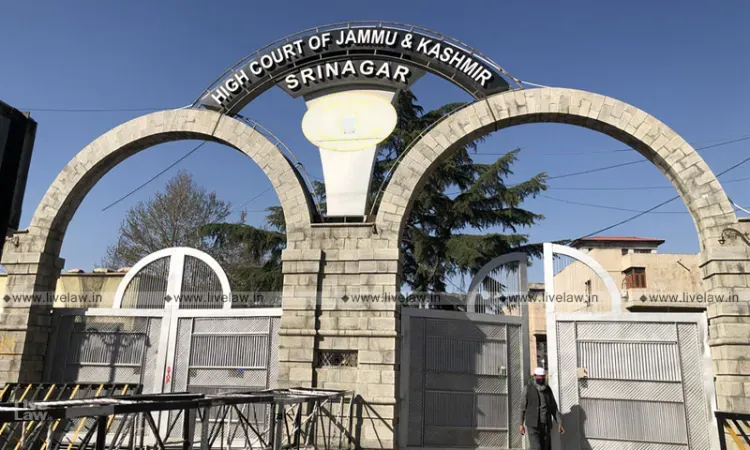Introduction and Case Background The Jammu and Kashmir and Ladakh High Court recently reinforced the limitations of Lok Adalats, specifically addressing their authority concerning case dismissal. The court examined a case where a Lok Adalat dismissed a complaint under Section 138 of the Negotiable Instruments Act due to the non-appearance of a party. The case, initiated by Syed Tajamul Bashir against Mohammad Ayoub Khan, was dismissed by a Lok Adalat on September 11, 2021, for want of prosecution. Bashir subsequently challenged this dismissal in the High Court, arguing that the Lok Adalat exceeded its jurisdiction by dismissing the case in such a manner.
Legal Arguments and Court’s Analysis Bashir’s contention was rooted in the provisions of the Legal Services Authority Act, which governs the functioning of Lok Adalats. He argued that these bodies are intended to facilitate amicable settlements and not to dismiss cases for non-prosecution. The respondent, however, defended the Lok Adalat's decision, asserting that the dismissal was within its powers.
Justice Sanjay Dhar, who presided over the matter, conducted a thorough examination of Section 20 of the Legal Services Authority Act. This section outlines the procedural framework for Lok Adalats, emphasizing their role in promoting compromise or settlement between disputing parties. Justice Dhar noted that if a compromise or settlement is not reached, the Lok Adalat's only recourse is to refer the matter back to the appropriate court for further proceedings. The judgment clarified that Lok Adalats do not possess the authority to dismiss cases solely due to a party's absence, as this exceeds the mandate given to them under the Act.
Judicial Reasoning and Principles of Justice The court highlighted the principles guiding Lok Adalats—justice, equity, and fair play. These principles emphasize that Lok Adalats are not traditional courts but alternative dispute resolution mechanisms designed to aid in the amicable settlement of disputes. Justice Dhar asserted that dismissing a case without offering the parties an opportunity to be heard contradicts these principles. This approach undermines the very purpose of Lok Adalats, which is to facilitate consensual resolution rather than penalize non-appearance.
Conclusion and Court's Directive Concluding the case, the High Court set aside the Lok Adalat’s order and directed the original court to continue with the case from the stage it was before being referred to the Lok Adalat. This decision underscores the restricted scope of authority vested in Lok Adalats, reaffirming their role as facilitators of dispute resolution rather than adjudicators with the power to dismiss cases.
This ruling serves as a significant precedent, clarifying that Lok Adalats must adhere to their prescribed role under the Legal Services Authority Act and cannot dismiss cases for non-prosecution, thereby safeguarding the rights of parties involved in such proceedings.










0 Comments
Thank you for your response. It will help us to improve in the future.